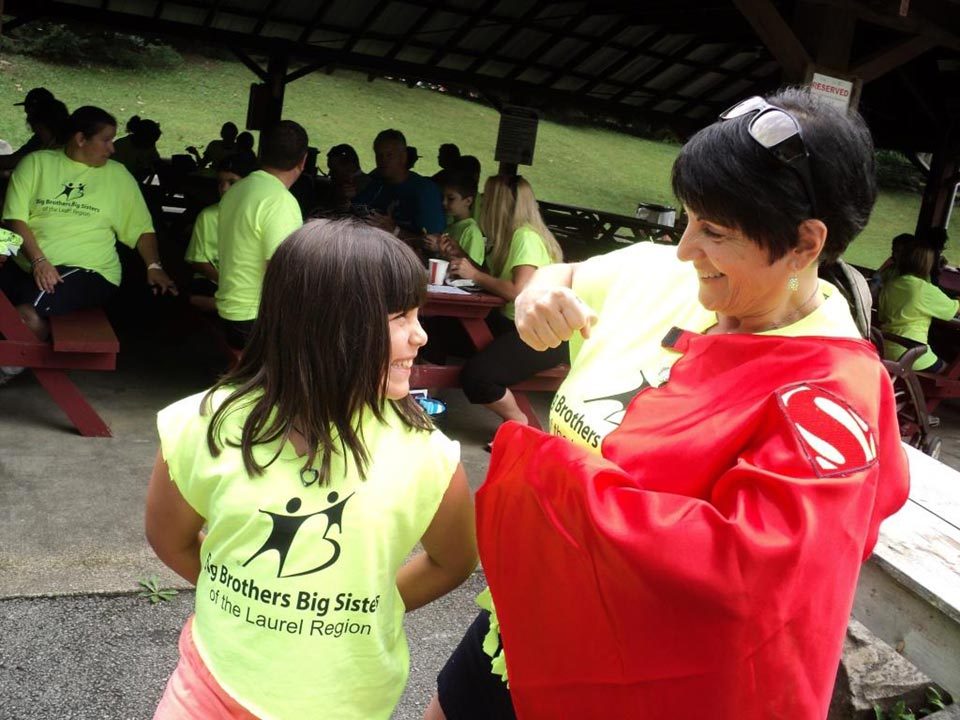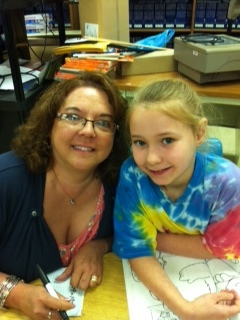Our Programs
Community-Based Mentoring

In Community-Based Mentoring, volunteers provide our “Littles,” individualized time and attention on a regular basis, typically 2-4 times a month, for 2-3 hours. During unstructured weekly or bi-weekly outings, filled with conversations and shared activities, they develop a relationship that helps youth manage the everyday challenges that are part of “growing up.” During the time with their Big, children gain new skills, explore new interests and test behaviors that expand their experience base beyond their family or neighborhood. Over the course of time, children gain confidence in themselves, acquire new skills and competencies, and develop an enhanced capacity to care for others – all tasks that are a part of developing healthy maturity. Volunteers experience a sense of discovery and enjoyment as they see the world of possibility open up through the child’s eyes.
The “Big/Little” Relationship
The agency monitors the “Big/Little” relationship on a regular basis and offers continual support for the match.
The Children
- Reside in Westmoreland and Fayette Counties
- Are 6 to 14 years of age
- Are primarily from single parent homes and/or facing adversity in their lives
- Are recommended by school staff based on criteria such as the child not working to his/her potential, exhibiting poor relationships with peers, and exhibiting low self-esteem
The Volunteers
- Are from all different walks of life
- Are 18 years of age and older
- Are committed to working with a child for at least two years
- Provide friendship, guidance, and a positive role model to the child
- Complete agency screenings, references, and background checks
- Maintain regular contact with Big Brothers Big Sisters’ staff

